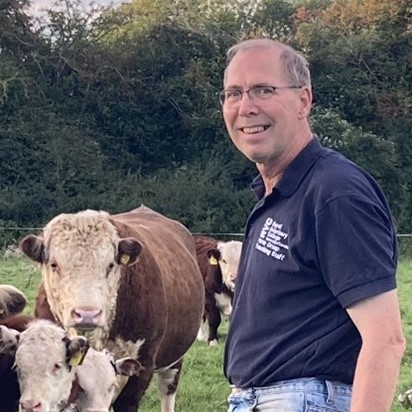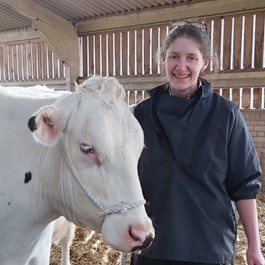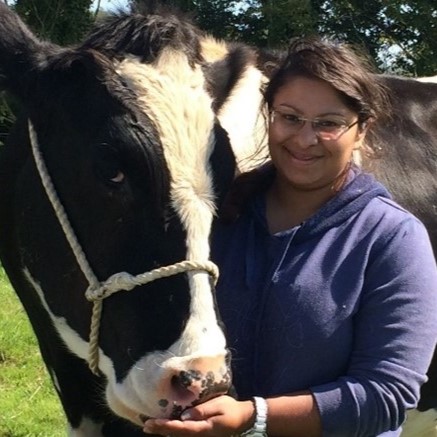Farm Veterinary Summer School

Dates: Sunday, August 11th (arrival between 4:00pm - 6:00pm pm) until Friday, August 16th (departure at 5:00pm)
Location: Sparsholt College, Westley Lane, Sparsholt, Winchester, SO21 2NF.
Who should apply?
The week is intended for UK students aged 16-19 years old who are considering a career in veterinary medicine. The course will entirely be livestock/farm animal based, including smallholder species like goats, chickens and alpacas. However, the course will also provide a useful experience to students with other interests.
What can I expect?
The course will be a combination of educational visits by coach to livestock enterprises (surrounding farms, a livestock market, potentially an abattoir), some hands on experience at Sparsholt College (milking cows at 4:30am one morning (!), animal handling, pig pregnancy scanning, parasite diagnostics and attending a post mortem) and seminars and group discussions on topical issues. The maximum number of students is 20, so there is plenty of opportunity for discussion, interaction, exchanging ideas, making friends and questioning teaching staff and the host farmers. The course is run by three farm vets from the Royal Veterinary College and supported by two student ambassadors who are currently studying to become vets.
Accommodation in single en-suite bedrooms and full board catering will be at Sparsholt College.
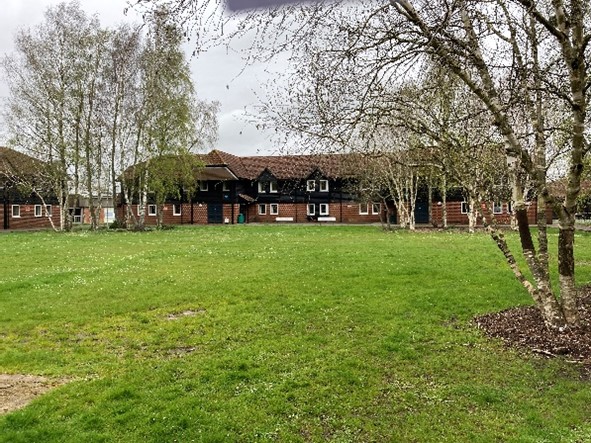
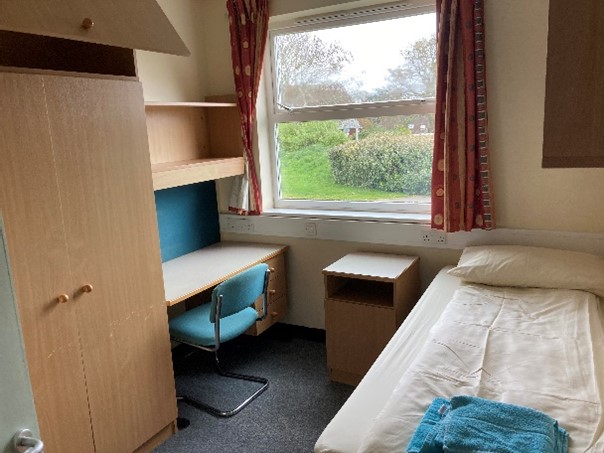
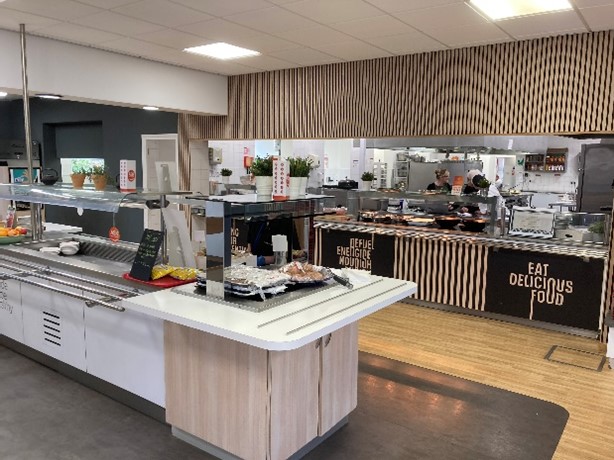
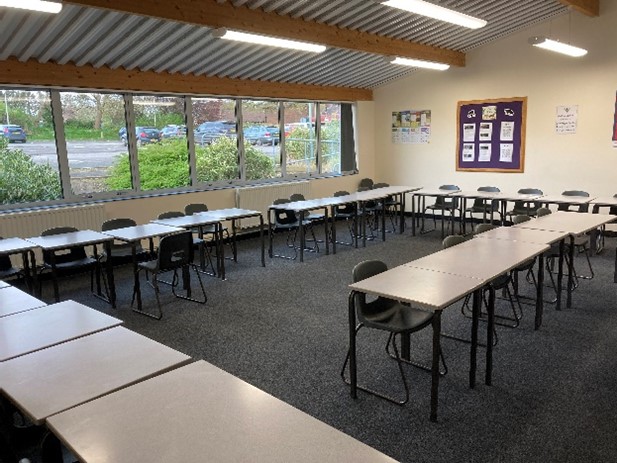
What is likely to be covered?
We are planning sessions on the following topics, but this may be subject to change, and no guarantees can be given:
Visits (most by coach between 9:00am and 5:00pm, some at Sparsholt College):
- Intensive Dairy visit
- Robotic dairy unit
- Extensive, grazing dairy visit
- Beef suckler herd with weighing competition
- Pig visit with pregnancy scanning of sows
- Sheep visit with handling practice
- Alpaca, goats and chicken, management and handling
- Visit of a Livestock Market
- Visit of an abattoir
- Observing a post mortem examination of a calf, sheep or pig
- Performing a worm egg count for parasites
- One morning milking (4:30am at the Sparsholt College Dairy)
Seminars and discussions (after dinner from 7:00pm - 9:00pm):
- Changes and challenges in the life of a farm vet
- Career in pharmaceutical industry
- The veterinary course at the RVC and the application process
Social Evening on Monday (Quiz Night!)
Cost
The cost for the course is £ 1,400, which is all inclusive of accommodation, full board, teaching and travel to and from farms and enterprises, but does not include travel to and from Sparsholt before and after the course.
- Two fee-waiver full scholarship is available to a UK student who falls within our Widening Participation criteria. This will be awarded to the strongest applicants, after applications have closed (to allow us to consider all applicants). NB: There is no separate application for this scholarship.
What do I have to bring?
Clothes for all weather conditions – we will be outdoors most of the time!
Wellington boots, a pair of waterproof leggings and a waterproof top/jacket. A couple of clean overalls are recommended for hot days, a laundrette is on site.
Some pocket money/card to buy snacks/ice cream or treats from a farm shop. Sparsholt will provide full boarding, lunch will be either in the restaurant or “on the road” as packed lunch.
Notepads (paper or device)
An open mind, curiosity, enthusiasm and lots of questions!




Are there any additional benefits from taking part in the course?
Apart from the educational benefits and an in-depth knowledge of farming and farm veterinary issues the course
- help to provide some insight into production animal veterinary medicine and being a veterinary student
- count towards hours of work experience in preparation for a veterinary application
- counts as a residential week for the Duke of Edinburgh Award
Students who complete the programme will be issued a certificate at the end of the course, and after the course we can provide a reference for any application(s).
Staff
